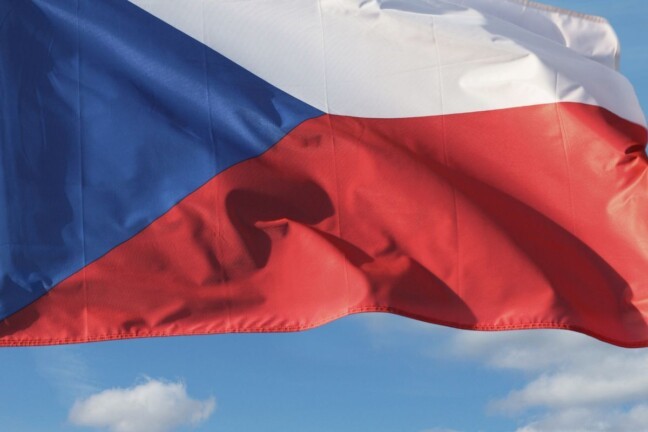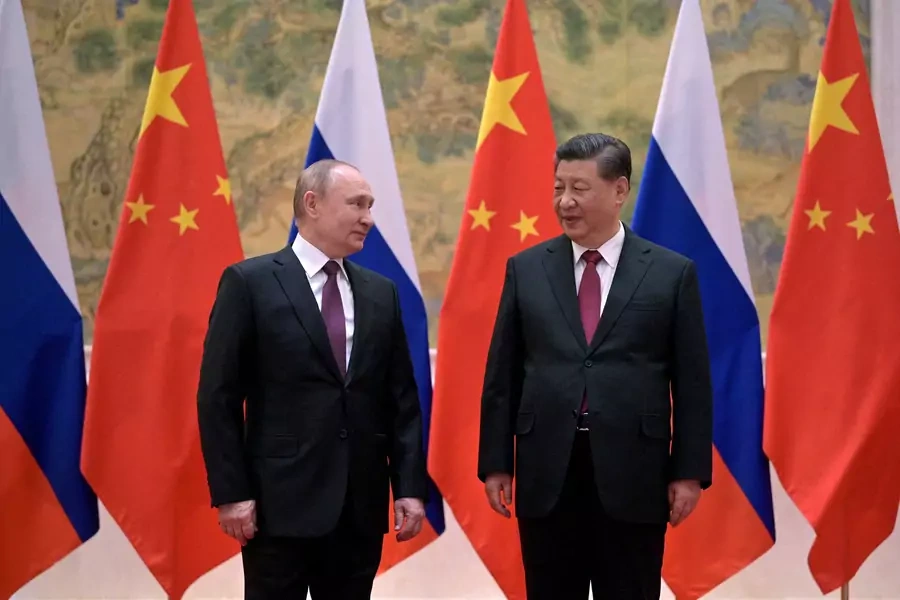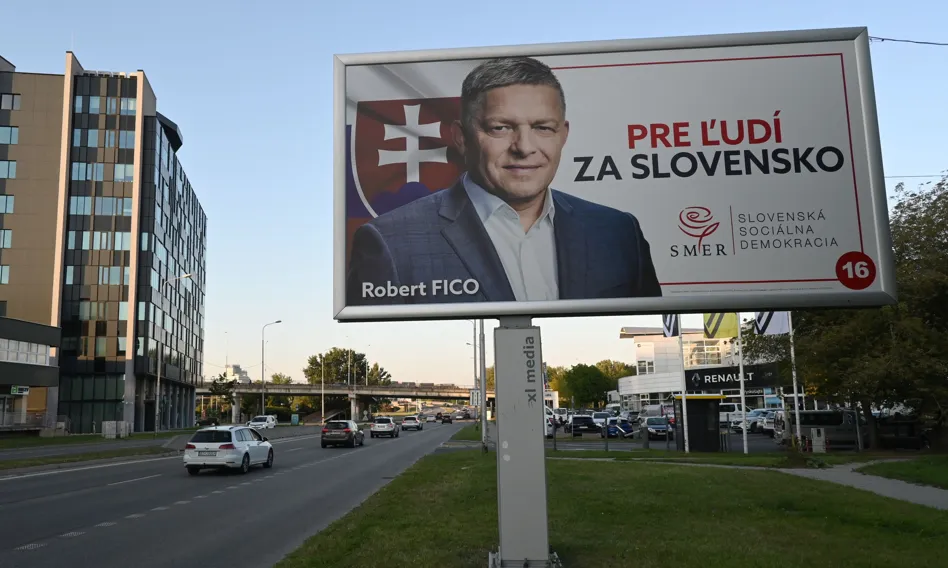Date: 18 December 2023 Author: Jan Rafael Lupoměský
Russian Disinformation Narratives in the Czech Republic in the Past Five Years
The Czech Republic has a long tradition of combatting Russian propaganda. “The Russians like to label everything Russian as Slavic, so that later they can label everything Slavic as Russian,” the great Czech writer Karel Havlicek Borovsky declared back in the nineteenth century.

So did – yet only forty years ago – Milan Kundera, a prominent Czech novelist and philosopher, who tried to warn his compatriots against their silly and ignorant enthusiasm for Russia. Because, he argued, “the Czechs, for a thousand years, have never had any direct contact with Russia. In spite of their linguistic kinship, the Czechs and the Russians have never shared a common world: neither a common history nor a common culture.” The Czech Republic, just like neighboring Poland, belonged to Western Europe in civilizational terms, but was politically imprisoned in the Eastern European sphere in the latter fifty years of the twentieth century.
Czech line of defense
While Czechoslovaks managed to maintain their unique sense of humor to crack jokes in the face of Communist propaganda and Nazi occupiers, they looked up to prosperous Western nations in the 1990s. But the reputation of the wealthy West has suffered in the past five years. In the meantime, Russian propaganda has shifted gears, prompting states to tackle disinformation online.
Notably, in 2018, the Czech Elves, a clandestine citizen’s movement, began operating to root out and debunk Russian propaganda, misinformation, and fake news––like fact-checking organizations in the Baltic states, who monitored disinformation-peddling websites. These virtual volunteers hunt Russian trolls and expose Kremlin propaganda and disinformation efforts. “We are aware that those behind social divisions and support for extremist ideologies are foreign agents who do not share our values,” a founder of the Czech Elves told Czech daily1 Aktualne, saying the elves in many ways resembled members of a wartime underground resistance movement.
Current status
Russia intensified its propaganda campaigns after the outbreak of the Covid-19 pandemic and Moscow’s invasion of Ukraine. In January 2022, the newly appointed government under Prime Minister Petr Fiala put the fight against disinformation among the priorities in the official government statement2. “Fighting disinformation requires a fast and scalable approach. We will follow the example and other countries and thus we pledge to provide legislative and non-legislative measures to better defend ourselves against disinformation without any harm to freedom of speech,” the statement reads. Although the Czech government ordered internet service providers to block thirty pro-Russian websites right after Russian troops crossed Ukraine’s border, the authorities had no legal basis to make such a demand nor did they pass an appropriate law on disinformation.
A point of contention is, however, the moral dilemma of whether it is possible to fight for democracy by restricting freedom of speech, which is an integral part of any democratic society. Those in favor of a bill to lay down the framework to tackle disinformation cite a 2011 ruling of the Constitutional Court that solves the moral dilemma while upholding major democratic values. “Its legal application is justified given the historical experience of Nazi and Communist totalitarianism not only in our country, but also in the European context. If opponents of democracy and the values on which democracy is based are prepared to attack it, the democratic regime must also be prepared to defend itself against such attacks, including, if necessary, by restricting fundamental rights3,” the Constitution Court said in a ruling.
Against the wave
In November, the Czech ministries of interior, defense, and justice issued an analysis of the Czech Republic’s readiness to combat a critical wave of disinformation. Approved by the government in March, the paper highlighted the threat of disinformation, claiming that the state is not ready to tackle disinformation even though it can monitor and analyze it adequately. “The analysis indicates that the Czech Republic’s organizational, human, and technical capabilities to counter a significant wave of disinformation are generally insufficient. In practice, this means that the Czech Republic is unable to effectively counter disinformation in its current state. In the event of a serious multi-vector disinformation campaign launched against the country, it will not be able to identify such an attack or respond to it, except by monitoring and analyzing disinformation in the realm of internal security. Moreover, the state will be incapable of effectively coordinating the units partially in charge of fighting disinformation or enhancing strategic communications. Moreover, the analysis highlighted “the crucial deficiency in the state’s capacity within the field of strategic communications.”
Prospects for the future
The encouraging news is that Czech society is cognizant of the ongoing threat posed by disinformation campaigns, and these issues constitute a vibrant part of public discourse. Senior Czech officials seek an EU-wide solution to a Russian disinformation threat––in October, Daniel Braun was the first Czech in eighteen years to be appointed deputy head of cabinet of Vera Jourova, vice president of the European Commission for values and transparency. The newly appointed official will help guide EU initiative to tackle disinformation in the European Union.
Sources:
1. https://zpravy.aktualne.cz/domaci/cesti-elfove-rusti-trollove-dezinformace-propaganda/r~93a60ad0db6b11e89de10cc47ab5f122/
2. https://vlada.gov.cz/assets/jednani-vlady/programove-prohlaseni/programove-prohlaseni-vlady-Petra-Fialy.pdf
3. https://www.usoud.cz/fileadmin/user_upload/ustavni_soud_www/Aktualne_prilohy/2011_12_07.pdf
The project is co-financed by the Governments of Czechia, Hungary, Poland and Slovakia through Visegrad Grants from International Visegrad Fund. The mission of the fund is to advance ideas for sustainable regional cooperation in Central Europe.

Support Us
If content prepared by Warsaw Institute team is useful for you, please support our actions. Donations from private persons are necessary for the continuation of our mission.
All texts published by the Warsaw Institute Foundation may be disseminated on the condition that their origin is credited. Images may not be used without permission.
















